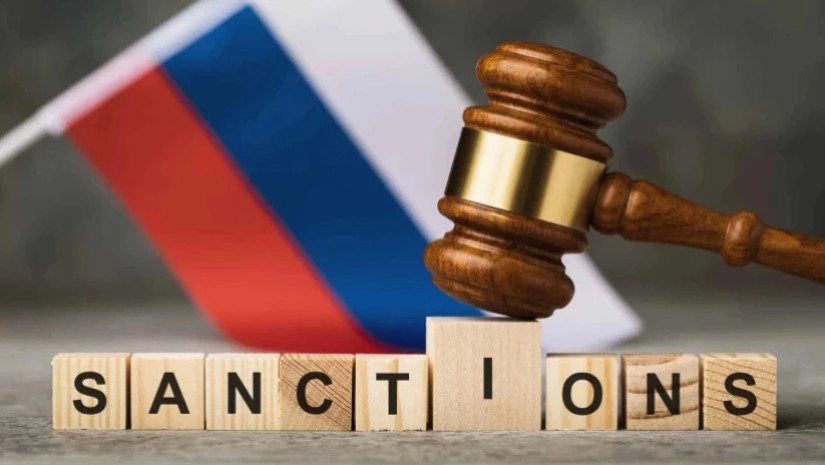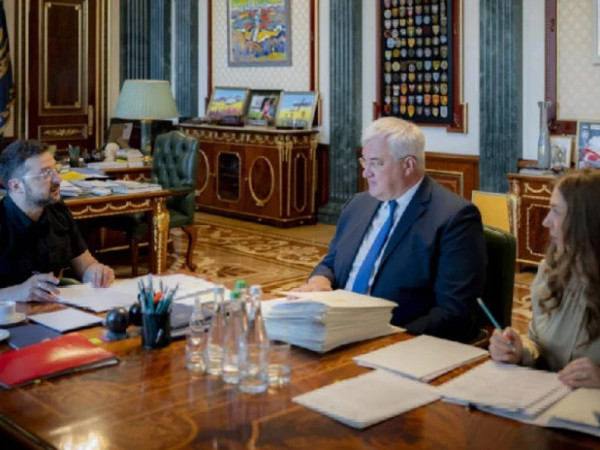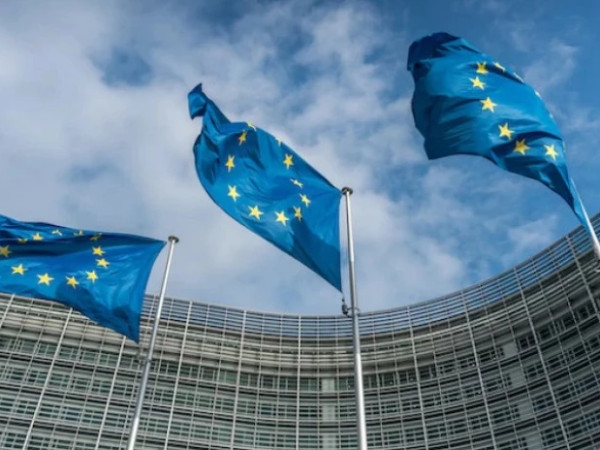The Russian Direct Investment Fund, the country's largest sovereign investment fund, which was created at the initiative of Vladimir Putin and financed by the Russian treasury, has fallen victim to a new package of EU sanctions.
In the 18th round of measures for the invasion of Ukraine, the EU has blacklisted the RDIF itself and imposed sanctions on its subsidiaries, including sub-funds and companies, as well as persons "providing investment and financial services to the RDIF itself." EU residents are banned from any transactions with them, the European Council said in a release issued Friday.
In addition, the EU is launching a mechanism to extend sanctions to any companies in which the fund has invested. The total volume of such investments, according to RDIF itself, reaches almost 2 trillion rubles.
Founded in 2011 with $10 billion in capital, and 5 years later was granted the status of a "sovereign fund" of the Russian Federation, RDIF claimed to have raised at least $40 billion in the Russian economy. It has invested in shares of Russian companies including Magnit, Polyus, Lenta, Phosagro, and has also participated in Kremlin construction and megaprojects. These include the first railroad bridge between Russia and China, a terminal at the port of Ust-Luga, the construction of the Central Ring Road, and the creation of the Covid-19 vaccine Sputnik V.
The foundation is headed by 49-year-old Kirill Dmitriev, who is close to Putin through family ties: he is married to Natalia Popova, a close friend and business partner of Ekaterina Tikhonova, the Russian president's youngest daughter. In early 2025, Putin included Dmitriev in a team of negotiators from Donald Trump's administration, tasking him with building economic ties with the United States.
The Insider's sources called Dmitriev "one of the most effective decision-makers" in the Russian elite: thanks to his direct access to the president, he can lobby for a solution to almost any problem, working through the president's chief of staff, Anton Vaino, who arranges personal rendezvous with Putin.
The new sanctions against RDIF are designed to further restrict Russia's access to global financial markets and foreign currency, the European Council emphasized.
In the framework of the 18th package, the EU also blacklisted 22 more Russian banks and imposed a complete ban on any transactions with Russian financial institutions previously disconnected from SWIFT. In addition, for the first time, two Chinese banks that have been omnibus trading with Russia, more than 100 tankers of the Kremlin's "shadow fleet", and in addition Chinese, Turkish and Hong Kong companies that helped circumvent the sanctions were placed under European sanctions.
"We are further reducing the Kremlin's military budget, <�...> as well as restricting Russian banks' access to financing," European diplomatic chief Kaja Kallas said on Friday. He added that the 18th package is "one of the strongest" since the war began. The EU will continue to increase costs for the Kremlin "so that ending aggression is the only way out for Moscow, Kallas said.


















